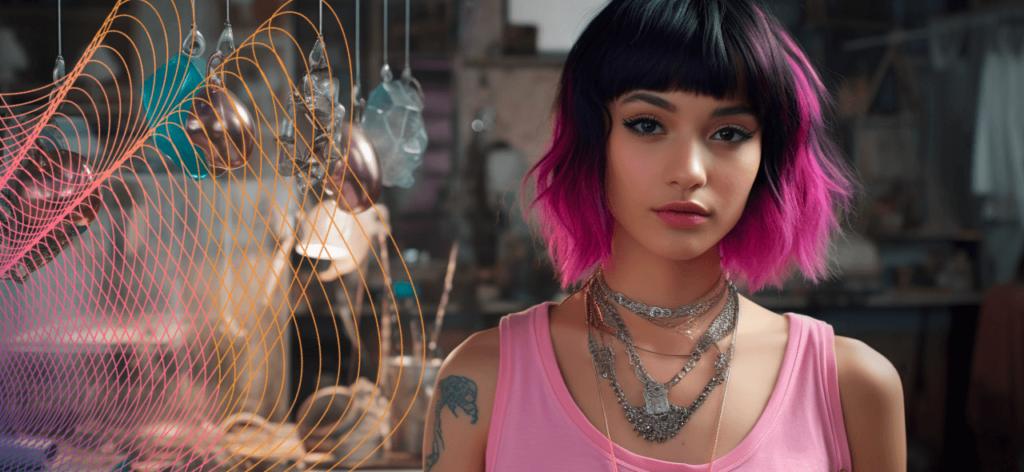Handicraft hobbyist
Nora has made clothes, jewellery and interior design products as her hobby for several years now. She demonstrates her work on TikTok. Her account has amassed a large number of followers who want to buy Nora’s products.
As Nora did not get any summer job, she decides to spend more time on making new products, marketing them on TikTok and selling them on her website. Nora purchases various materials to make new products and new equipment to produce higher quality TikTok videos. She also negotiates a deal with the owner of a local home decor store to sell her products at the store. The store owner will receive 10% of the product sales price.
As Nora is engaged in small-scale activities that are run like a hobby, she does not need to set up her own business at this stage. The profit received from her products is taxable earned income for Nora. She maintains records of her income and expenses. Profit is that part of sales income that remains after Nora has deducted all expenses arising from making and selling her products from the income. She can deduct material purchases, video equipment and that part of her sales income that goes to the owner of the home decor store (10%).
Nora declares the income and expenses of her non-professional activities next spring in her pre-completed tax return under “Other earned income”.
Nora’s checklist
- Maintain records of your income and expenses.
- Declare sales income from products and the expenses associated with them in the tax return in the MyTax service under “Other earned income”.
- Identify whether you also need to be registered in the VAT register. This is mandatory if the total amount of sales is more than €15,000 during a year.
- Keep receipts and vouchers for at least three years (after the end of the payment year).

